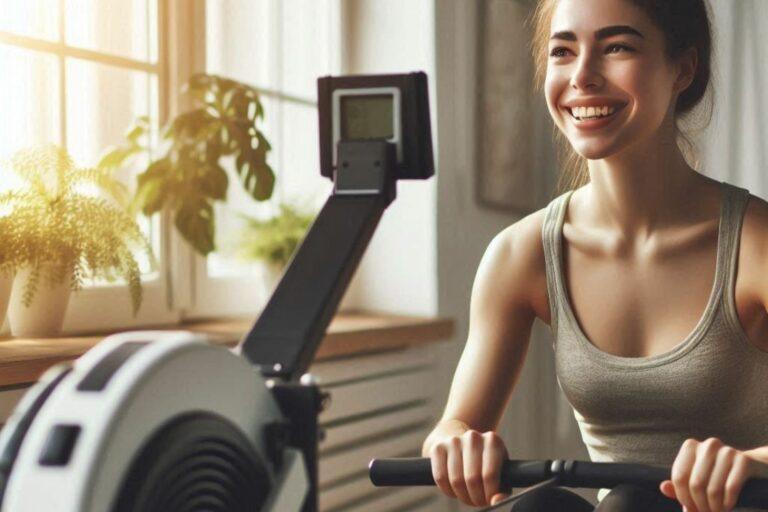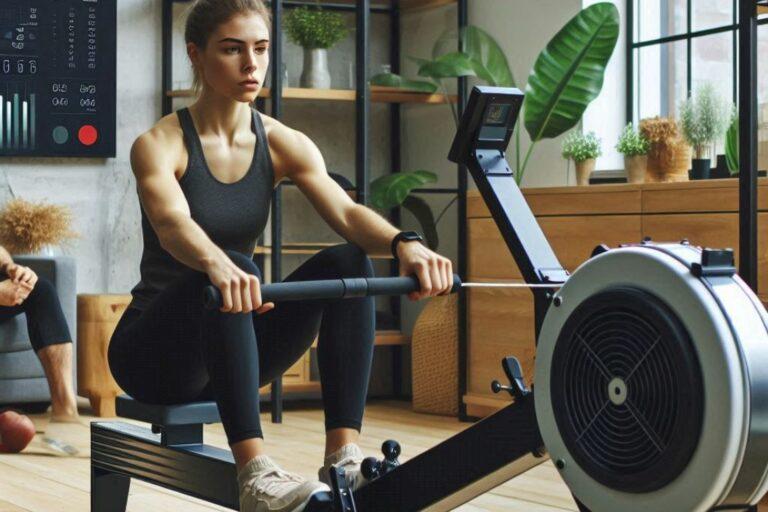The prospect of purchasing a rowing machine can often be daunting.
With a plethora of options available, it’s easy to feel overwhelmed and uncertain about which model best suits your needs.
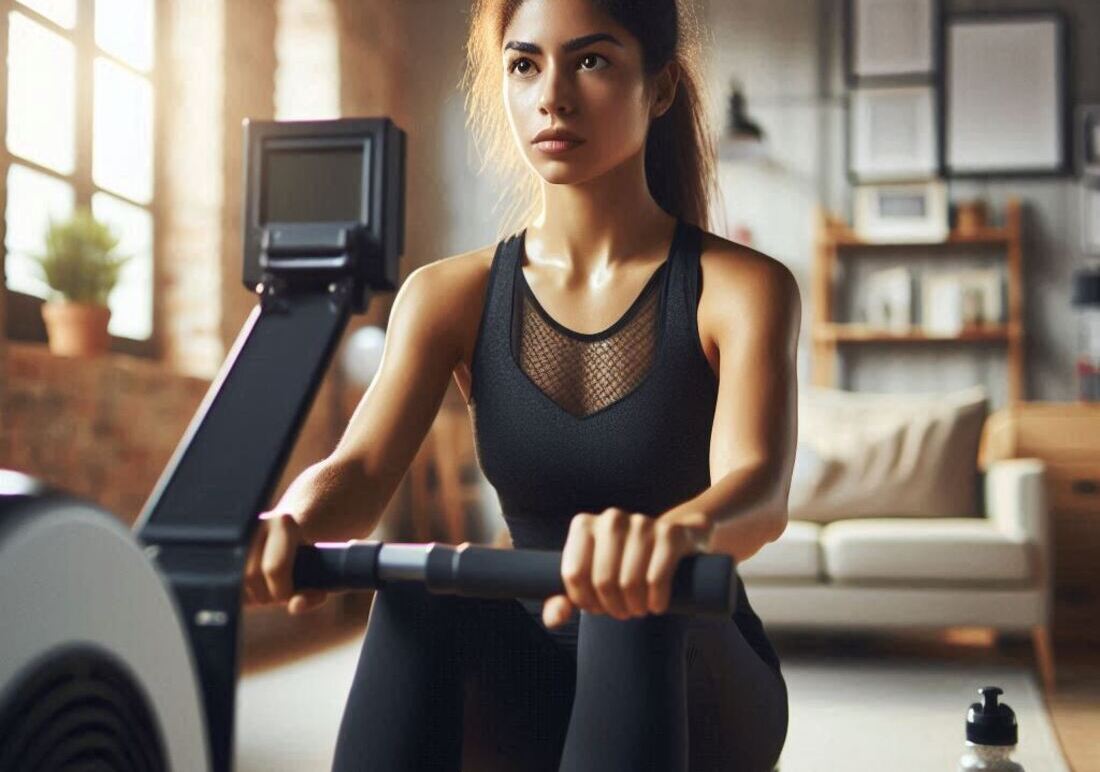
Fear not!
This comprehensive guide is here to illuminate your path and assist you in making an informed decision.
We’ll delve into the essential factors to consider when selecting a rowing machine that seamlessly integrates into your home gym setup and aligns with your fitness objectives.
From understanding your specific requirements to exploring the diverse range of models available, this guide will empower you to make a confident choice.
Let’s embark on this journey together and discover the perfect rowing machine to elevate your home workout experience.
“I used to dread working out, but my rowing machine has changed everything. It’s so easy to use, and I’ve seen amazing results in just a few weeks.” – Sarah K.
Understanding Your Needs
Before diving into the world of rowing machines, it’s crucial to define your specific requirements.
This will help narrow down your options and ensure you select a model that aligns with your fitness goals and lifestyle.
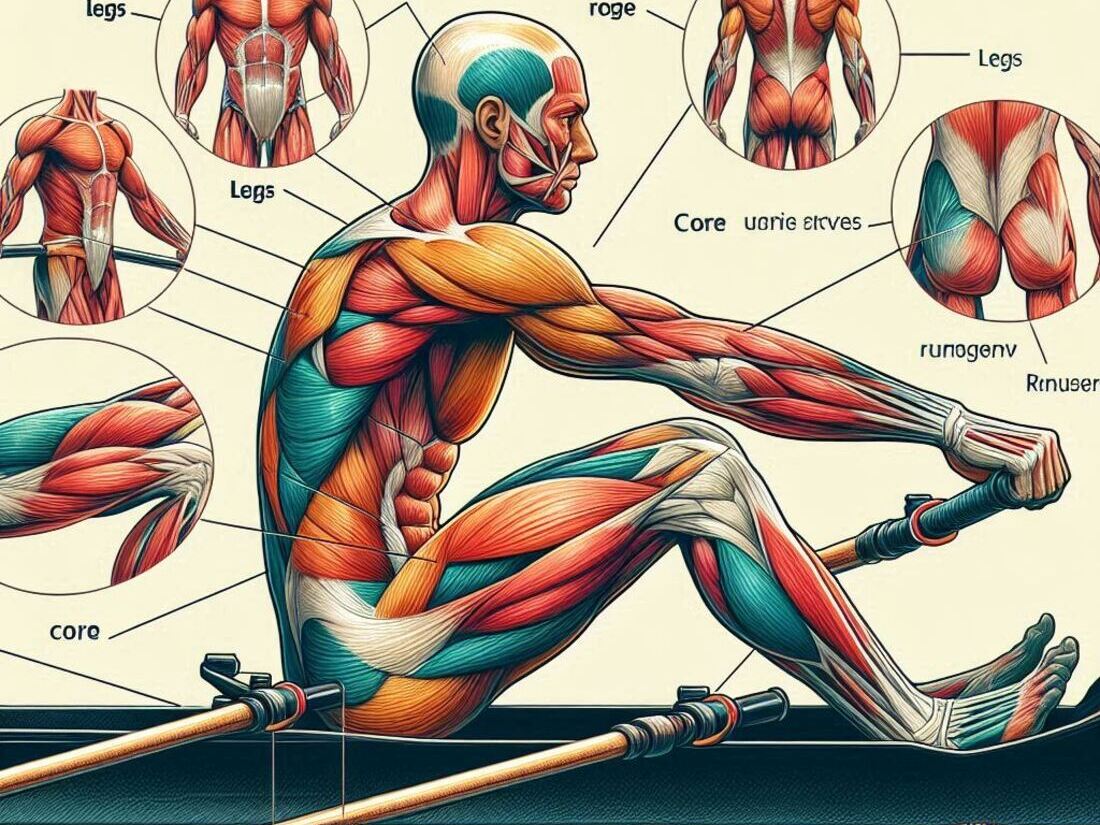
Fitness Goals and Expectations
Consider your primary objectives for using a rowing machine.
Are you aiming to lose weight, build muscle, improve cardiovascular health, or simply enjoy a low-impact workout?
Understanding your fitness aspirations will guide you towards a machine that suits your needs.
Available Space
Assess the available space in your home for accommodating a rowing machine.
Consider factors such as the machine’s dimensions when folded or stored, as well as the surrounding area for safe and comfortable use.
Budget Considerations
Determine a realistic budget for your rowing machine purchase.
Be mindful of additional costs such as accessories, maintenance, and potential upgrades.
Desired Features
Envision the features you consider essential for an optimal workout experience.
Factors such as monitor size, resistance levels, seat comfort, and storage options should be taken into account.
By carefully considering these factors, you’ll be well-prepared to select a rowing machine that perfectly complements your home gym setup and fitness journey.
Types of Rowing Machines
Understanding the different types of rowing machines available is crucial for making an informed decision.
Each type offers distinct characteristics and caters to varying preferences.
Air Resistance
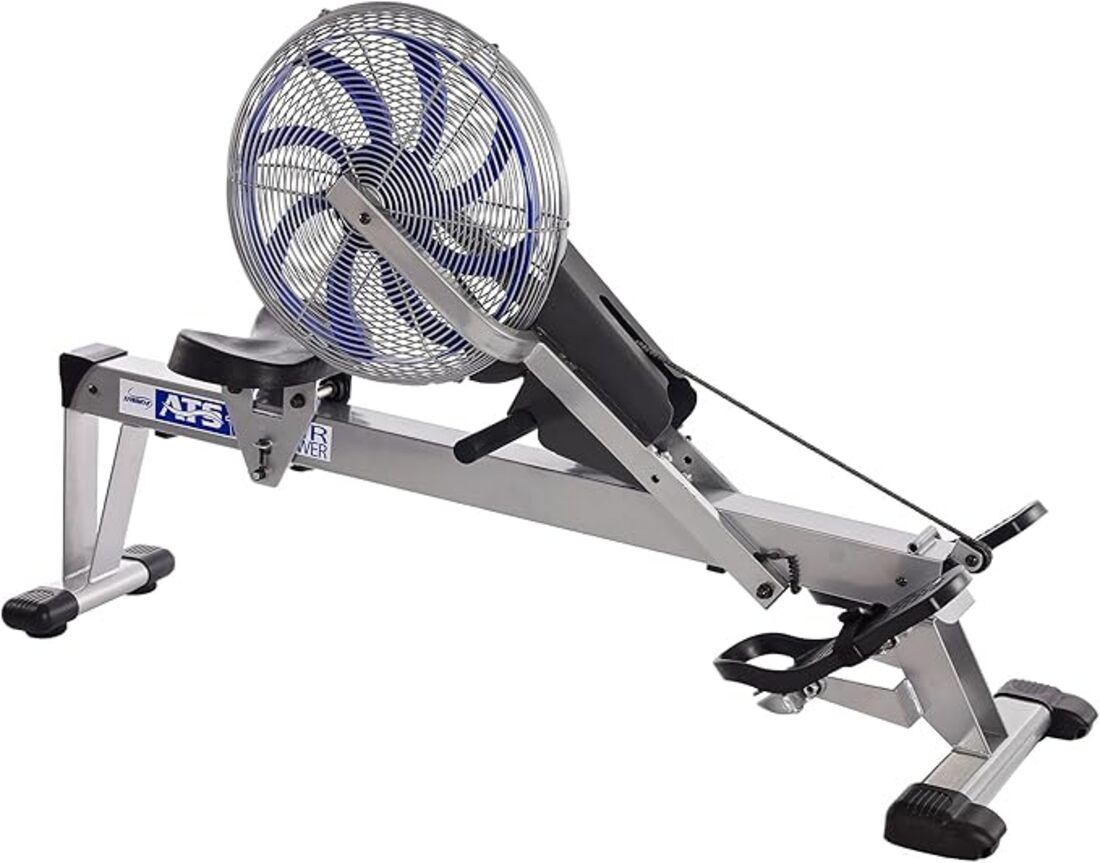
Air resistance machines generate resistance by fanning air.
The harder you pull, the more resistance you encounter.
These machines often provide a realistic rowing experience and are generally affordable.
Water Resistance
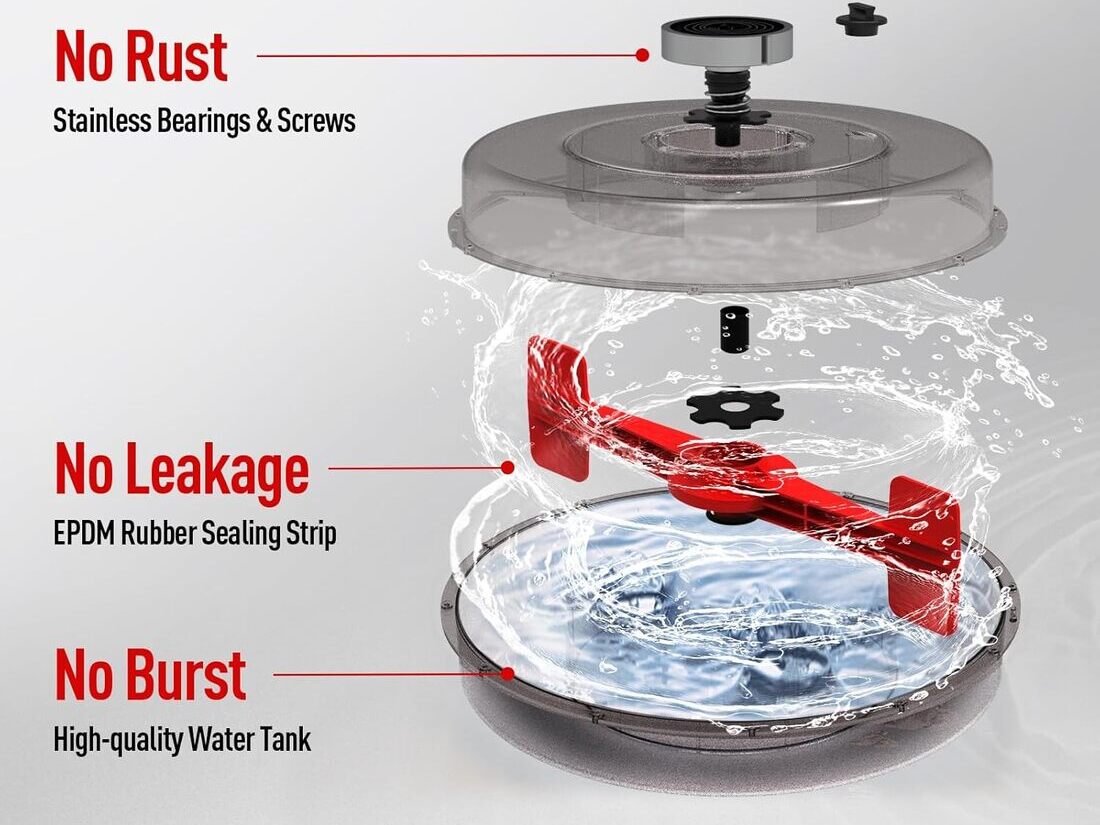
Water resistance machines simulate the feeling of rowing on water by using a water tank.
They offer a smooth and quiet workout, with resistance increasing as you row faster.
Magnetic Resistance
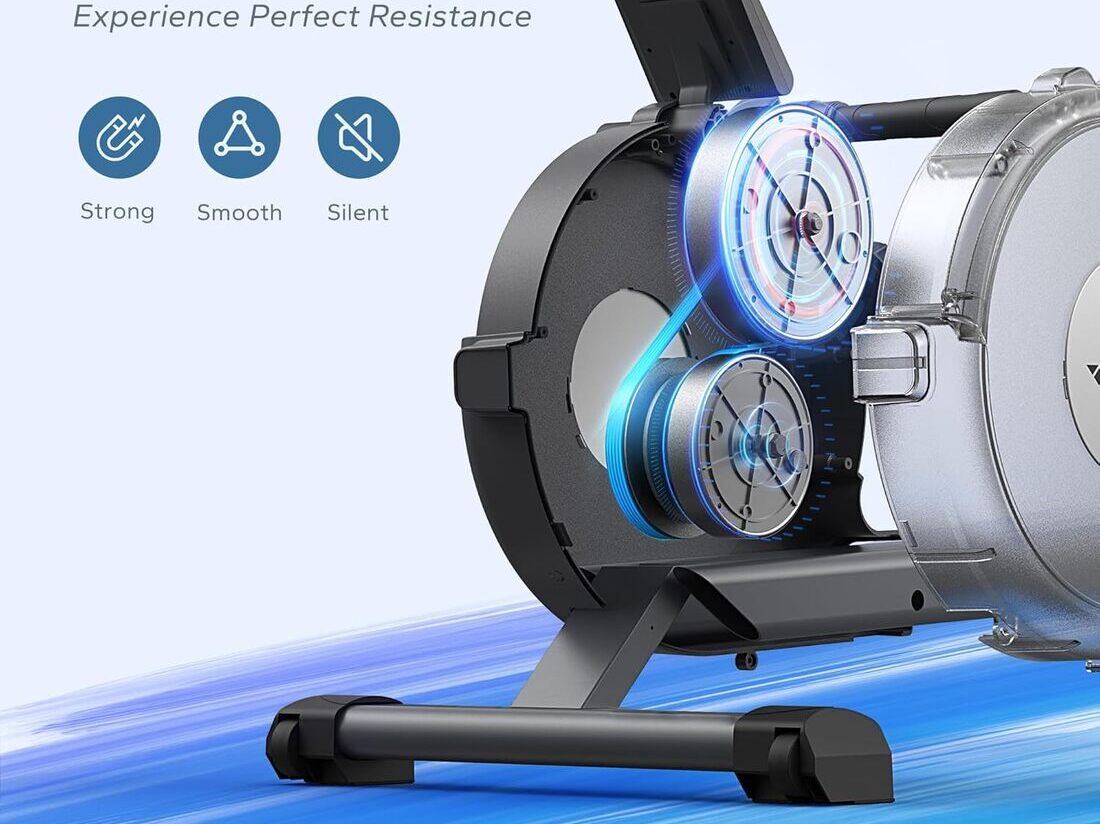
Magnetic resistance machines utilize magnets to create resistance.
They are known for their consistent and smooth operation, often with adjustable resistance levels.
Hydraulic Resistance
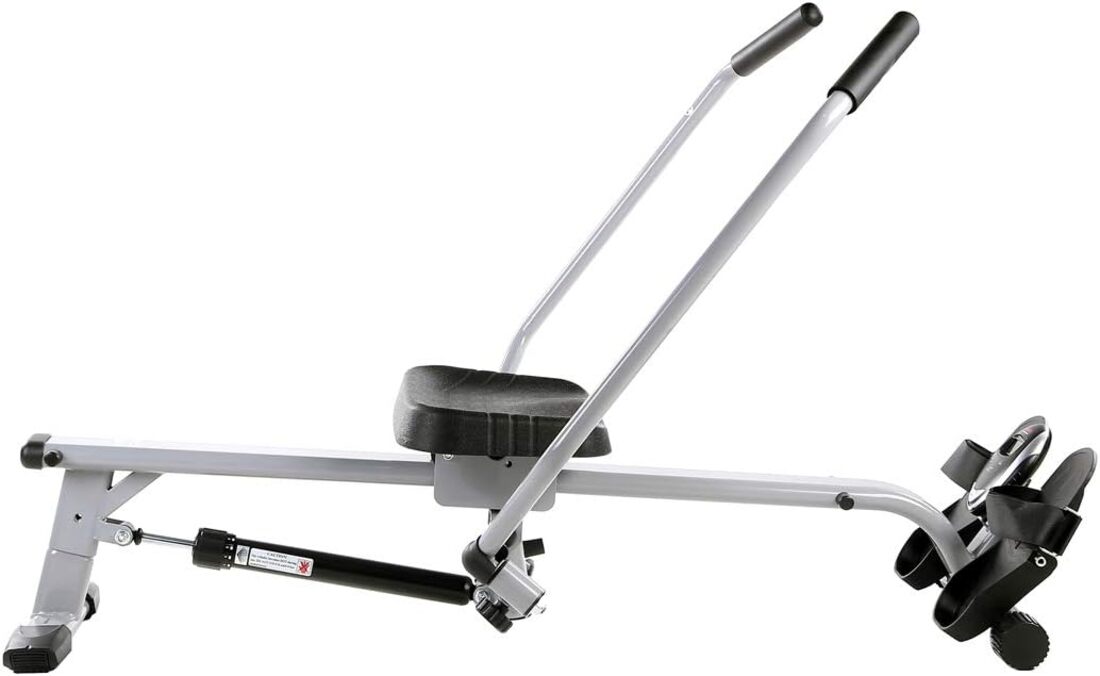
Hydraulic machines use hydraulic cylinders to generate resistance.
They tend to be quieter and more affordable but may offer limited resistance options.
“I was hesitant about spending money on a water resistance machine, but it’s been worth every penny. The smooth rowing experience is incredible, and it’s become my favorite part of my workout routine.” – David M.
Comparison Table
| Feature | Air Resistance | Water Resistance | Magnetic Resistance | Hydraulic Resistance |
|---|---|---|---|---|
| Price | Moderate | High | Moderate-High | Low |
| Noise Level | Moderate | Low | Quiet | Quiet |
| Resistance | Adjustable | Adjustable | Adjustable | Fixed |
| Maintenance | Moderate | High | Low | Low |
| Pros | Realistic feel, adjustable intensity | Quiet, smooth, immersive | Consistent, low maintenance, quiet | Affordable, low impact |
| Cons | Can be noisy, requires maintenance | Can be expensive, requires water filling | Less realistic feel | Limited resistance levels |
By understanding the pros and cons of each type, you can select the rowing machine that best aligns with your preferences and budget.
Key Factors to Consider
Beyond the type of resistance, several other factors significantly influence the overall rowing machine experience.
Let’s delve into these crucial elements:
Frame and Construction
The frame is the backbone of your rowing machine.
Opt for a sturdy and durable construction to ensure longevity and stability.
Consider the materials used and the overall build quality.
Seat Comfort
A comfortable seat is essential for extended workouts.
Look for well-padded seats with adjustable features to accommodate different body types and preferences.
Footrests
Secure and adjustable footrests are crucial for proper form and preventing discomfort.
Ensure they are compatible with different foot sizes and provide adequate support.
Handle Design
The handle should be comfortable to grip and allow for a natural rowing motion.
Pay attention to the shape, size, and material of the handle.
Monitor and Console
Consider the features offered by the monitor and console.
Essential functions include tracking distance, time, calories burned, and stroke rate.
Additional features like heart rate monitoring, workout programs, and connectivity options can enhance your workout experience.
Warranty and Customer Support
A reliable warranty provides peace of mind.
Additionally, consider the availability and quality of customer support in case you encounter any issues.
By carefully evaluating these factors alongside the type of resistance, you can make a well-informed decision when selecting your home rowing machine.
“I did a lot of research before buying my rowing machine, and I’m so glad I chose this model. The seat is super comfortable, and the monitor is easy to read. I love it!” – Emily P.
Finding the Right Fit
Once you’ve narrowed down your options based on your needs and preferences, it’s time to find the perfect match.
Test-Rowing if Possible
If feasible, test-row different models to experience firsthand how each machine feels.
Pay attention to factors such as seat comfort, handle ergonomics, and overall rowing experience.
Reading Reviews and Comparisons
Thoroughly research different models by reading customer reviews and expert comparisons.
Online platforms and fitness magazines often provide valuable insights into product performance and user satisfaction.
Considering Additional Factors
Beyond the machine’s features, consider other factors that may influence your decision:
- Brand reputation: Research the brand’s history, customer satisfaction, and product reliability.
- Customer service: Evaluate the availability and quality of customer support in case you encounter issues.
- Price comparison: Compare prices from different retailers to find the best deal.
- Return policy: Familiarize yourself with the retailer’s return policy in case you’re unsatisfied with your purchase.
By taking the time to carefully evaluate these factors, you can increase your chances of selecting a rowing machine that meets your expectations and provides long-term satisfaction.
Setting Up Your Rowing Machine
Proper assembly and placement are essential for optimal performance and safety. Let’s explore these key steps:
Proper Assembly
Carefully follow the manufacturer’s instructions when assembling your rowing machine. Ensure all parts are securely fastened to prevent accidents.
Finding the Ideal Placement
Choose a location that provides enough space for the full range of motion. Consider factors such as ventilation, noise levels, and visual appeal when selecting a spot.
Essential Accessories
While not always necessary, certain accessories can enhance your rowing experience:
- Workout mat: Protects your floor and reduces noise.
- Heart rate monitor: Tracks your heart rate during workouts.
- Water bottle holder: Conveniently holds your water bottle.
- Phone or tablet holder: Allows you to follow workout videos or listen to music.
By following these guidelines, you can create a comfortable and efficient home gym setup for your rowing machine.
FAQs About Rowing Machines
To provide additional value to your readers, let’s address some frequently asked questions about rowing machines:
- How much space do I need for a rowing machine?
- The space required depends on the type of rowing machine. Most models fold up for storage, but it’s essential to measure your available space before purchasing.
- Are rowing machines noisy?
- Noise levels vary depending on the type of machine. Magnetic and hydraulic models are generally quieter than air or water resistance machines.
- How often should I maintain my rowing machine?
- Regular cleaning and lubrication are essential for optimal performance. Check the user manual for specific maintenance recommendations.
- Can I use a rowing machine if I have bad knees?
- Rowing is generally low-impact, making it suitable for people with knee problems. However, it’s advisable to consult with a healthcare professional before starting any new exercise regimen.
- How long does it take to see results from using a rowing machine?
- Results vary depending on individual factors such as diet, exercise frequency, and intensity. Consistency is key to achieving your fitness goals.
Conclusion
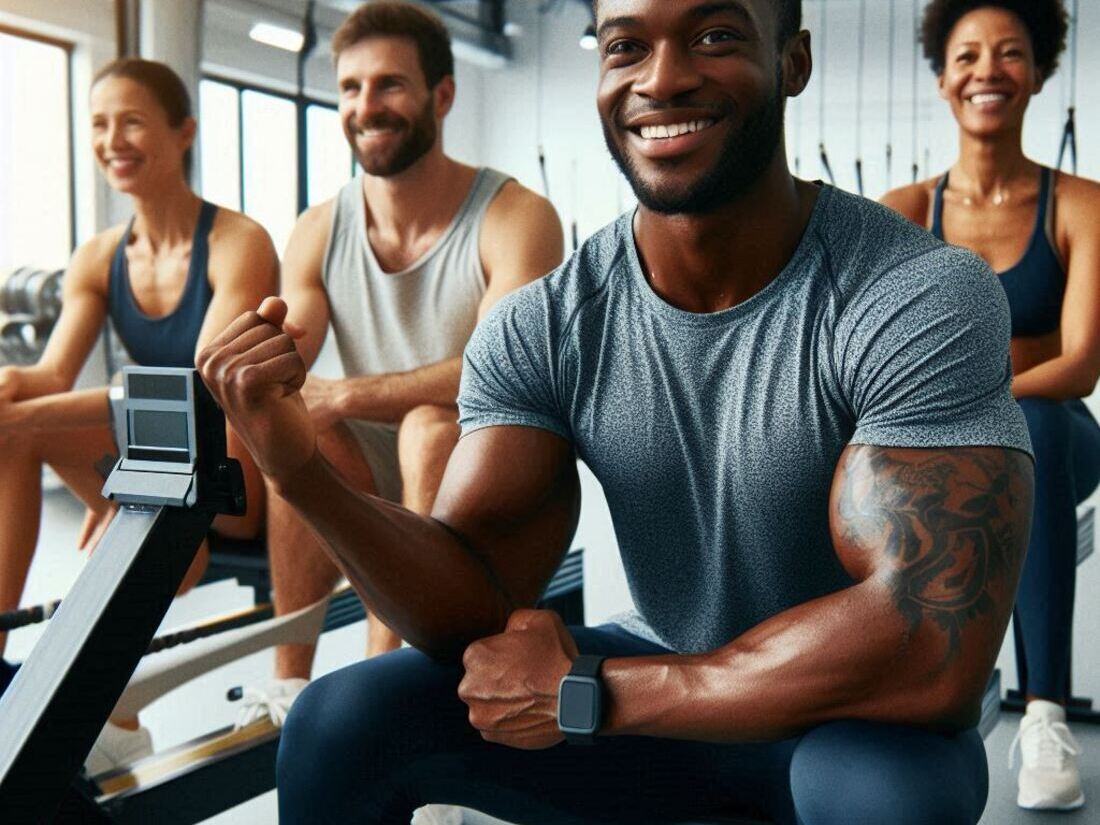
Selecting the perfect rowing machine for your home gym involves careful consideration of various factors, including your fitness goals, available space, budget, and desired features.
By understanding the different types of rowing machines and their key features, you can make an informed decision that aligns with your needs and preferences.
Remember to prioritize comfort, durability, and ease of use when choosing a rowing machine.
Don’t hesitate to test-row different models if possible and read customer reviews to gain valuable insights.
With the right rowing machine in your home gym, you’re well on your way to achieving your fitness goals and enjoying the numerous benefits of this versatile exercise.
Explore our other rowing resources for more in-depth information and workout tips: Conquering Every Budget: Top Rowing Machines For Every Price Point.
“I’ve tried countless home gym equipment, but my rowing machine is the one piece I keep coming back to. It’s a full-body workout that’s easy on my joints. I highly recommend investing in a good rowing machine.” – Michael B.
Reference
National Institutes of Health (NIH) (.gov). Effects of Indoor Rowing Exercise on the Body Composition and the Scoliosis of Visually Impaired People: A Preliminary Study

